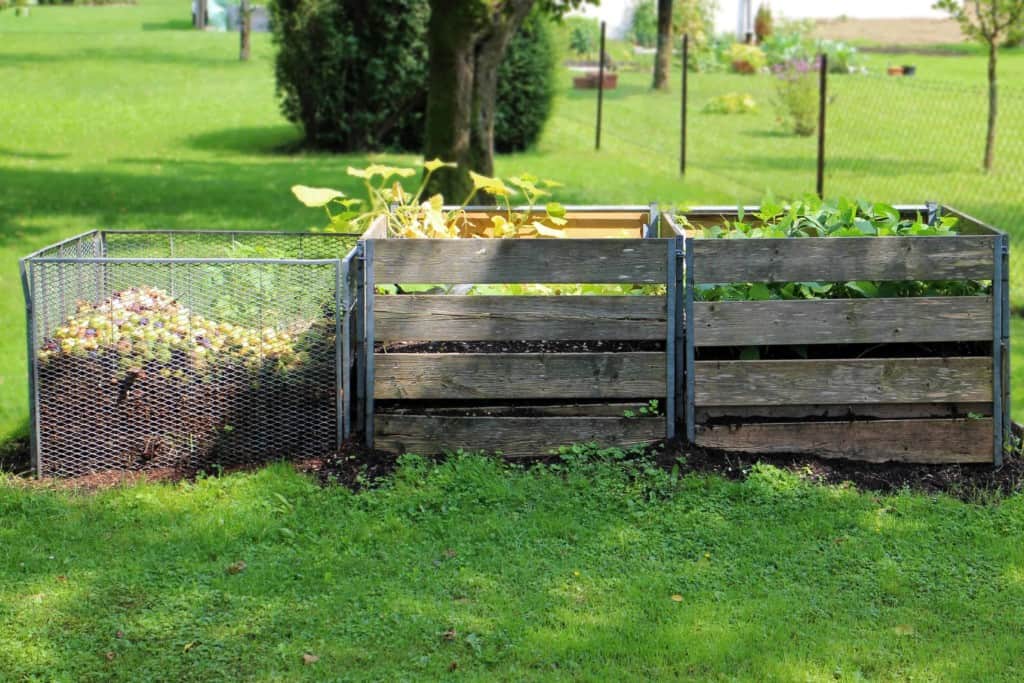Rethinking how we approach disposability
Landfills are an eyesore, a blemish, a stink. Yet, they remain a necessity because we have become a disposable society that, on a whim, will discard the lightly-used for a shinier, newer version. Or we take more than we need, discarding the leftovers without a second thought. The waste ends up in the landfills that we rush past, with noses held tight and eyes averted.
Our landfills are filled with the evidence of our excessive lifestyle. Many of the objects don’t even need to hit the garbage bin if society hadn’t stepped away from moderation, reusability, and self-sufficiency.
It is often believed, as with most aspects of our lives, that someone else will dredge through our waste and divert the non-waste to where it belongs. But this is not true. There is only so much that can be done.
According to an Edmonton Journal article published on Feb. 2, 2018, 25 per cent of recyclables found in blue bags go back to the garbage facility “partly because the recycling team not being able to sort it properly” and because waste management staff still sort through the recyclables.
The official report from the city auditor stated waste diverted away from landfills in 2016 was a mere 35.7 per cent, lower than the 49.5 per cent diversion rate in 2013 and significantly lower than the 90 per cent goal for 2012. The 2018 goal was eventually lowered to 65 per cent, but that still seems unattainable at our current rate.
We are in a downward trend, dropping further away from our goal. We have become some of the worst offenders in the country for filling up our landfills with unnecessary rubbish.
Something needs to be done. But what are our options? Stay in our downward spiral of gratuitous wastefulness? No. We need to do better. We can do better.

To start, find ways to reuse your belongings. Use them again and again until they have lost more than their nostalgia.
Give items a second life. Learn to sew and stitch those pants with the slight tear or bring your shoes to a cobbler for repair. Or, give them to someone who knows how to do such things.
Another option is to donate items to a second-hand store or the Reuse Centre. Both are free, environmentally-friendly options to discard your unwanted objects.
But still, so much ends up in the trash, like compostable products that become mixed in with non-compostable products.
We’re lucky to have options for compostable items, with a new composting facility (anaerobic digester) due to open this fall. The City of Edmonton is also looking at introducing green bins for compostable household products and would require households to divert organic waste into the bins. The city will be offering them to 5,600 volunteers in the spring, with the goal to have one for each home by 2020.
But composting options have been available for some time. Backyard composters have been available to purchase for years and with a little research, instructions for DIY composters can found online. What has stopped people from scraping their plates into a composter as opposed to their garbage pile all of this time? The action is the same, just a slightly different location. Could the belief that others will do our dirty work prevent us from taking any necessary proactive steps?
Society needs to step back from pedestalizing disposability and over-consumption. We are addicted to the idea of newer and better. Many of us do not think of the consequences and do not want to put in the work of reducing our waste. Otherwise, we would not be seeing a decrease of diverted waste to our landfills or seeing a rise in “environmentally-friendly” products equally as troublesome, because not all of them are recyclable and they still end up in the trash.
This is our shared planet, so let’s recycle the conversation again and again until we have learned to produce less waste.
Featured Image: It’s up to us to do our part to divert waste from landfills. | Pixabay







